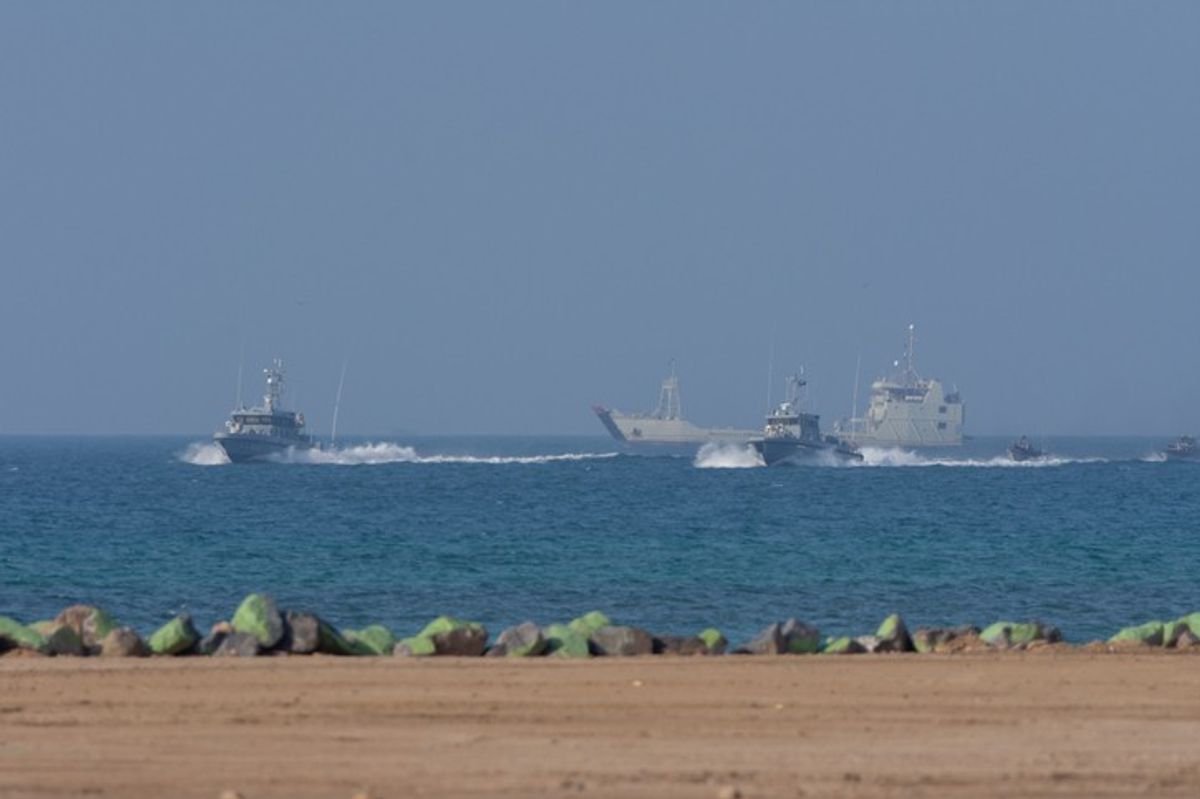The Cipher Brief sat down with Haim Malka, the Deputy Director of and Senior Fellow for the Middle East Program at the Center for Strategic and International Studies. He shared his thoughts on the current and future security environment in North Africa.
The Cipher Brief: The security environment in North Africa varies considerably from country to country. Generally speaking, how would you characterize current trends in the region?
Haim Malka: North African countries face a heightened threat environment from a combination of local radical groups and cells, jihad in Syria, and civil war in Libya. Growing competition among different groups for recruits, money, and status whether—al Qaeda or the Islamic State—increases the likelihood of attacks against both government and soft targets for the foreseeable future. The connecting thread is a broad goal of destabilizing governments in order to establish an Islamic society and state based on a narrow and radical interpretation of Islam. Broad sympathy for this rebellious ideology from segments of the population meshes with the rebellious nature of popular uprisings, which overthrew entrenched dictators in early 2011. Radical ideology is driven by a complex set of identity, social, historical, and religious issues beyond the more tangible socioeconomic drivers, such as unemployment and lack of opportunity. This means that the fight against radical ideology will be a generational challenge for governments in the region, with no quick fixes.
TCB: It has been reported that Tunisia is the country with the largest number of foreign fighters traveling to join ISIS. How can the Tunisian government work to better crack down on extremists, both domestically and those seeking to travel abroad?
HM: Tunisia is working to improve its counterterrorism capabilities as well as its coordination across different security agencies. It recently passed a new terrorism law and expanded police powers, which it has used to arrest thousands of suspected militants. But striking the right balance of force is difficult, and heavy- handed police tactics can be easily abused and backfire. Ultimately, an effective security strategy requires a parallel government strategy to improve opportunities for young people and to address some of the root causes of violent extremism. Such a strategy requires a coherent socioeconomic plan, significant resources, political space, and time – all of which are in short supply at the moment.
TCB: What are the factors that will most greatly affect the security situation in the key countries in North Africa – Libya, Algeria, Tunisia, Morocco, Egypt – over the next six months?
HM: Developments in Libya will have a major impact across North Africa in the next year. Continued conflict in Libya and the country’s division between two rival governments create a security vacuum, which radical groups such as the Islamic State are exploiting. Militants from across the region can easily move across Libya’s porous borders to buy weapons, train, and operate. Tunisia, Algeria, and Egypt have all strengthened border defenses, but the informal trade and smuggling that sustains border regions economically, undermines security and complicates government efforts. Ongoing insecurity in Libya poses a long-term challenge for regional security.
TCB: Until now, Morocco has remained a relative bright spot in the region. Could instability spill over into Morocco?
HM: Morocco faces many of the same deep problems as its neighbors, including youth marginalization, socioeconomic crises, and sympathy for radical ideology. But Morocco has the advantage of a strong executive power—the king—who sets policy, has a wide range of resources, and has complete control over the security apparatus. This monopoly of executive power, combined with the examples of instability in neighboring countries, have deterred more strident opposition and helped stabilize Morocco, at least in the near term.
TCB: Across North Africa, have things gotten better or worse since the Arab Spring? Are you more optimistic or pessimistic about the region now than you were then?
HM: Many of the security, political, social, and economic trends in North Africa point to greater risk and instability over the next few years. Political transitions are a looming issue; lower oil prices for countries that are dependent on hydrocarbon exports is problematic; and the growing lure of radical ideology driven by conflict in Syria and Libya poses a persistent challenge.
TCB: What risks do foreigners living or working in the region face?
HM: There seems to be a shift in tactics by militant groups in North Africa from targeting government and security forces to attacking soft targets, including western economic interests and tourists, in order to undermine investment and western engagement in North Africa.
TCB: It seems that current unrest in Libya is a major source of instability in the region. What are your thoughts on the current conditions there, and where do you see things going?
HM: As long as Libya remains divided by two competing governments, and external actors see Libya as a convenient proxy war, then groups like the Islamic State and other militants are going to continue exploiting the security vacuum in Libya. The ongoing conflict in Libya deepens instability and insecurity across the entire region.














